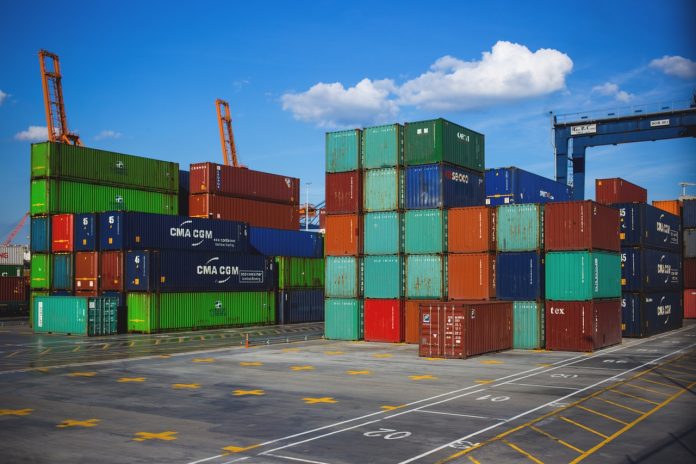* Africa loses more through illicit outflows, which include trade mispricing (false invoicing) and unrecorded private financial outflows, than it gets in aid and foreign direct investment. Between 2008 and 2010, illicit outflows averaged US$63.4 million annually. Aid from OECD and DAC member countries plus foreign direct investment totaled $62.2 billion in the same period.
* The value of intra-African trade has increased fourfold since 2001 to reach $130 billion in 2012, but its relative share has remained constant at around 12 percent.
* At 11 percent to 12 percent in 2012, the rate of return on foreign direct investment in Africa has exceeded that of other developing countries since 2006.
* Intra-African greenfield foreign direct investment (FDI) projects as a percentage of greenfield inflows into Africa almost tripled between 2003-2013, from 7 percent in 2003 to over 21 percent in 2013, driven by a continuous rise in South African FDI into the continent, and supported by a dramatic increase in intra-regional FDI from Kenya and Nigeria since 2008.
* Firms in South Africa, Kenya and Nigeria accounted for nearly 60 percent of project outflows into Africa, between 2003 and 2013.
* Between 2003 and 2013, over a third of intra-African FDI projects showed that regional markets were served by greenfield projects.
* External financial flows into Africa hit a record in 2012 and were expected to top $200 billion in 2013.
* Walmart completed a $2.4 billion acquisition of South African retailer Massmart.
* IBM made a $1.5 billion investment in African-focused technology company Bharti Airtel.
* IBM in 2012 opened its first African research lab in Nairobi, Kenya. IBM Research – Africa is IBM’s 12th global laboratory and the first science and technology research lab on the continent conducting both applied and far-reaching exploratory research.
* U.S. private-equity giant the Carlyle Group launched a sub-Saharan Africa investment practice.
* Apple is expanding shops for iPhone sales across the continent to meet demand of a mobile market predicted to reach more than a billion users by 2020.
* Rwanda ranks eighth in the world in the “Starting a Business” category of the global “Ease of Doing Business” index.
* Numbering some 30 million adults, the African Diaspora sends about US$40 billion annually to families and local communities back home.
* Remittances to Africa as a whole represent 50 percent more than net official development assistance (ODA) from all sources. For most countries, the amount also exceeds foreign direct investment (FDI).
* In several fragile states, remittances are estimated to exceed 50 percent of GDP.
* Most remittances are used for daily necessities, but up to 20 percent to 25 percent are available for other than immediate consumption.
* Payment of remittances typically is restricted to banks, whose exclusive agreements with large money transfer companies like Western Union and Money Gram limit competition and access for consumers. Mexico has as many pay-out locations as the entire continent of Africa, which has ten times the population.
* Nigeria is the largest recipient of remittances in Sub-Saharan Africa, accounting for about $22.3 billion in 2014.
* At 11.3 percent for sending the equivalent of $200, the price of remitting to Sub-Saharan Africa is well above global levels of 7.9 percent, reaching as high as 18 percent to 22 percent in some countries.
* Nine of the world’s ten most expensive remittance corridors are to countries in Sub-Saharan Africa.
* Remittance fees cost Sub-Saharan Africa an estimated $1.8 billion annually.
* The Overseas Development Institute estimates that reducing those charges to global levels would free up enough money to put 14 million children through primary school, or provide clean water to 21 million people.
* One-third (36 percent) of the continent’s infrastructure project investment is in the energy/power sector. Transportation accounts for the next highest investment, at 25 percent, followed by mining, real estate, water and oil and gas. Other investment sectors include healthcare, telecommunications, education, agriculture, shipping and ports, and social development.
* As of 2014, according to KPMG Africa, Nigeria had the most newly registered companies yearly, with 70 000; South Africa ranked second with 30 000 a year; and Kenya boasts the third highest number of newly registered companies in Africa, with 22 000 being registered yearly.













